Nigeria
The Nigerian government has announced that it will take a series of measures to ensure that the country's economy remains strong and prosperous, according to a new report by the National Bank of Nigeria (NBN).
Nigeria has been plagued by a shortage of banknotes denominated in the local currency, the naira since the central bank began changing the old bills for new ones.
Banks have limited bank withdrawals due to the scarcity of new bills, and some businesses are refusing to accept the old notes, leading to long lines and disruption of business activities.
With ten days to go before the presidential election in a country already plagued by frequent fuel shortages, violence occurred in the southwest in Ibadan and Benin City and in the southern state of Delta.
According to the police in Delta State, "youths/villagers" set fire to two banks and two vehicles. "We have arrested nine suspects at this stage. Some will call it protests," state police spokesman Bright Edafe said on Twitter.
Local television footage posted on their Twitter accounts showed young men burning tires on the outskirts of Warri locality in Delta State.
In Benin City, protests broke out when police prevented "thugs" from attacking the local office of the Central Bank, according to the spokesman for the Edo State governor, Crusoe Osagie.
He said the violence was politically motivated by the ruling APC, which wants to use the anger to create chaos in the state led by the opposition PDP.
In Ibadan, an angry mob burned tires and blocked roads. According to the Oyo State police, protests broke out in some areas of the state capital but were quickly brought under control.
"There were protests this morning by some disgruntled bank customers," spokesman Adewale Osifeso told AFP.
According to residents, the unrest started in several areas when these angry customers protested because they could not withdraw their money or could not change their old bills for new ones.
"The main roads were blocked, while banks, stores, and other businesses were closed," Remi Feyisipo, a local journalist told AFP.
He said the protesters were also angry that shopkeepers and gas stations no longer accept the old bills.
In the past three weeks, riots have broken out in Ibadan, the southwestern city of Abeokuta, and Kano, the largest city in the north. In Ibadan, two people were killed in clashes last week, according to local media.
In October, the central bank suddenly announced a change in banknotes, including their color, and decided that the old bills would no longer be valid at the end of January. It then postponed the date to February 10, in the face of shortages and popular pressure.
More than 93 million voters are being called to the polls to elect a successor to President Muhammadu Buhari, who is ending his second term in office with a record of rampant insecurity, which has become almost universal, and a severe economic crisis.
The ruling party has justified the currency change as a way to combat vote buying, but the opposition accuses it of making the move to starve it of resources and prevent it from campaigning.



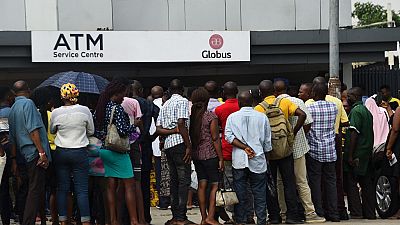

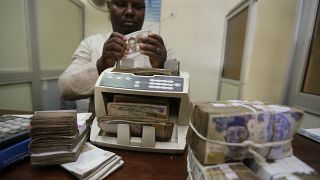
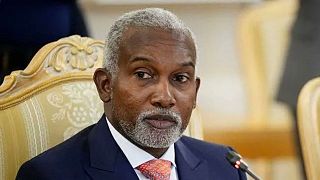

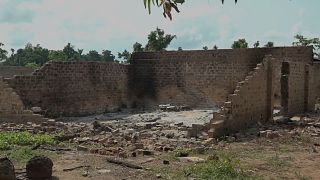
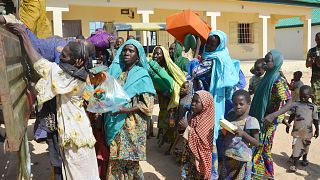
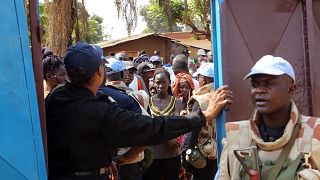
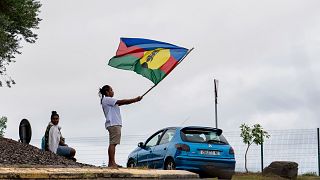
01:13
Forty years and counting: CAR once again postpones local elections
01:08
Dancehall superstar Shatta Wale urges young people to back President Mahama
01:09
Guinea presents draft for new constitution, referendum set for September
Go to video
Togo suspends French state-owned broadcasters RFI and France 24
Go to video
Protesters gather in Ivory Coast, demand Thiam's return on electoral list
Go to video
Nigeria: Tinubu denies one-party plan after he's accused of clamping down on opposition